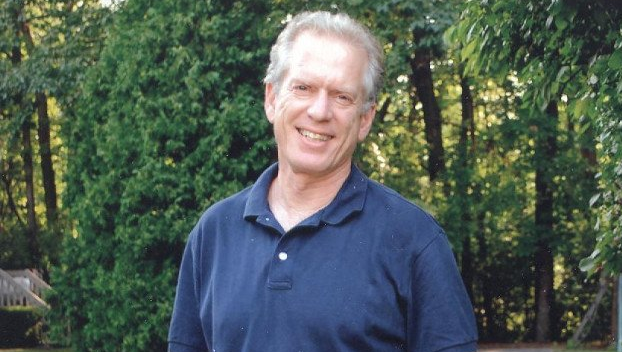What makes an effective college student volunteer mentor?
Castro, E. M., & Cohen, A. K. (2020). Fostering youth civic engagement through effective mentorship: Understanding the college student volunteer mentors who succeed. Journal of Community Psychology, n/a(n/a). https://doi.org/10.1002/jcop.22482
Summarized by Ariel Ervin
Notes of Interest:
- Although college student volunteers can develop positive mentoring relationships with adolescents, there’s still a limited amount of scholarship that addresses how people can effectively recruit these kinds of mentors.
- This study examines mentoring pairs, between college students and adolescents, from Generation Citizens (a non-profit that offers programs on school-based action civics education).
- Several characteristics of being a good mentor were identified:
- Is person‐oriented
- Highlights the mentor‐student connection
- Resonates with their organization’s mission
- Always finding ways to improve their mentoring skills
- Volunteer programs are recommended to look for the traits mentioned above as they recruit volunteer mentors.
Introduction (Reprinted from the Abstract)
College student volunteers play a critical role in many school‐based educational programs and can foster valuable near‐peer relationships with adolescents, yet how to best select these volunteers has been understudied. We studied college student volunteer mentors for Generation Citizen, a non‐profit that provides school‐based action civics education programming, and their adolescent students. We identify three common characteristics possessed by the strongest college mentors. Participants were nine college volunteer mentors (67% female; 78% White); these mentors worked in pairs (and one trio) in four different classrooms. Using an action research approach, we conducted semistructured interviews, surveys, and classroom observations to generate quantitative and qualitative data. Effective mentors were: person‐oriented, emphasizing the mentor‐student connection; aligned with the organization’s mission; and constantly honing their craft of mentorship. We recommend college volunteer programs select applicants for positions based on these key indicators to foster mission‐driven and motivating educational programming.
Implications (Reprinted from the Discussion)
As hypothesized, mentor efficacy is variable and classroom success is dependent on mentors’ pedagogical ability to foster students’ behaviors (Liao & Sánchez, 2019). Class 3 clearly reflects the importance of strong mentors on student behavior and consequential learning. Although there were other strong mentors in the other classes, less able comentors weakened their overall effect. From synthesizing survey, interview, and observation results, we reach the following conclusions about what successful college student mentors look like. In line with the results, we organize our discussion around the three emergent characteristics of highly effective mentors.
6.1 Emergent characteristics of highly effective mentors
6.1.1 Personal connection
First, successful mentors emphasize the mentor–student relationship and personal connection. Clay, Caitlin, and Donald approached their students as fellow human beings. Rather than viewing teaching as a unidirectional transfer of knowledge, they view teaching as a personal relationship between mentor and student, in concert with existing literature (Garcia, 2002; Jacobi, 1991; Jekielek et al., 2002; Kahne & Westheimer, 2003; Vaclavik et al., 2017).
6.1.2 Mission aligned
Second, they aligned with Generation Citizen’s mission. These three college student volunteer mentors comprehended and embrace Generation Citizen’s mission and mentorship model. Previous literature supports the imperative of mission‐driven volunteers (Bauer & Brown, 2001; Jekielek et al., 2002; Nieto, 2010).
6.1.3 Constantly honing their craft
Third, they constantly worked to improve their practice and craft of mentorship. All three were able to self‐reflect on his/her strengths and utilize those strengths in the classroom, especially within the context of Generation Citizen’s action plan, which required classroom‐wide collaboration. Nonetheless, these three mentors believed they should improve. Accordingly, they also already gave the greatest amount of time and attention to their work. Successful mentors operate at a higher level of commitment and motivation than other study participants. Commitment to personal betterment is essential to classroom leadership (Dobbie, 2011).
To access this article, click here.










